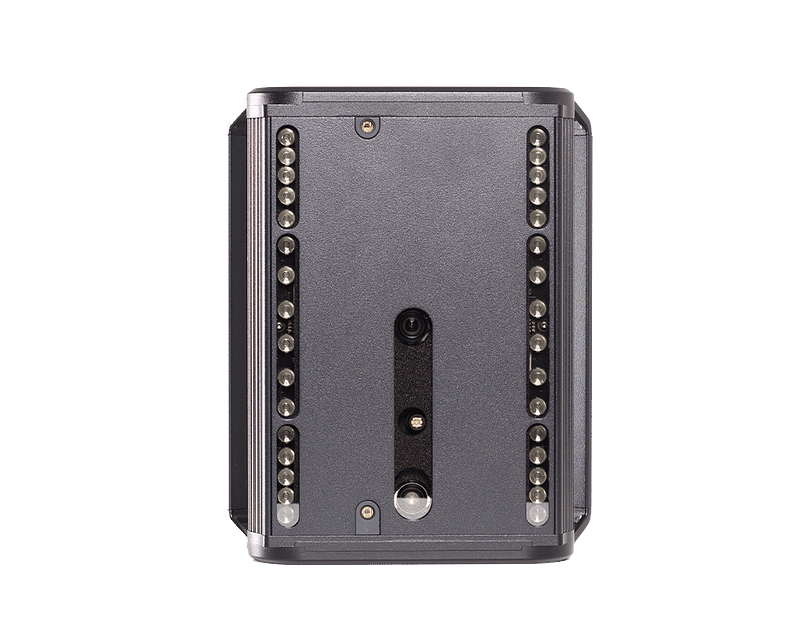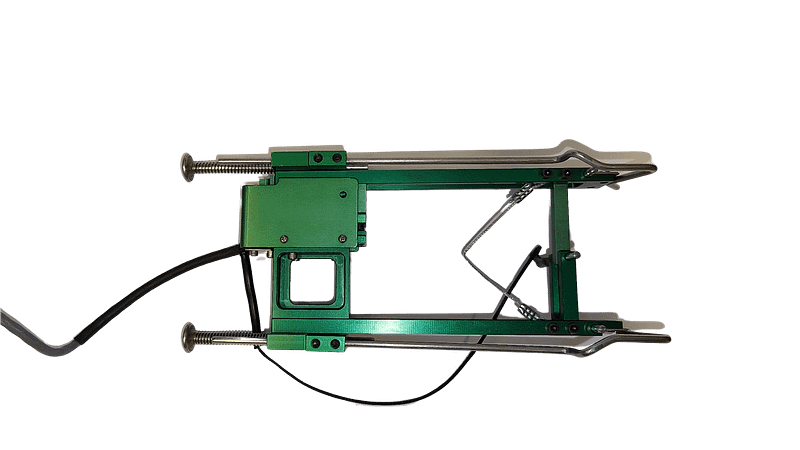Upgrade your clip-on extensometer
Vector, the Clip-On Extensometer replacement.
Upgrade to cutting-edge, non-contact extensometry and experience faster setup, higher accuracy and zero physical contact.
Traditional clip-on extensometers are fragile, time-consuming to use and can limit the accuracy of your testing. Now is the ideal time to upgrade.
Continuing to use a clip-on extensometer may be slowing down your testing process and compromising data accuracy. By switching to Vector, you can gain more reliable results, reduce setup time, and improve the efficiency of your materials testing operations.
Book your Vector demo here!
Vector Extensometer vs Clip-On Extensometer
What are the main difference between these key methods of materials testing?

Non-contact, optical accuracy
Vector eliminates the need for specimen contact. It delivers precise strain measurement across a wide range of materials, including those that are fragile or have high elongation.
Compatible with all test machines
Vector integrates seamlessly with major universal testing machines, including those from Instron, Zwick Roell, MTS and Shimadzu.
Standards compliant
Vector is fully compliant with ISO 9513 Class 0.5 and ASTM E83 Class B-1, making it suitable for Quality Assurance and Quality Control routine testing.
Faster set up and less downtime
Without the need for physical contact and pausing between tests, set up times are significantly reduced and the risk of user error or sample damage are minimised.
Clip-On Extensometer

Physical contact required
Clip-on extensometers must be physically attached to the specimen, making them unsuitable for delicate or high-elongation materials. This contact introduces the risk of slippage, mechanical failure and inconsistent results.
Time consuming set up
Installing a clip-on extensometer requires manual attachment. This slows down test cycles, increases operator workload and raises the chance of human error or sample mishandling – particularly during repetitive testing.
- LIMITED GAUGE LENGTH
Each clip-on extensometer is typically fixed to a single gauge length, meaning multiple devices must be purchased to cover a range of test requirements, adding cost and complexity to building a complete test suite.
